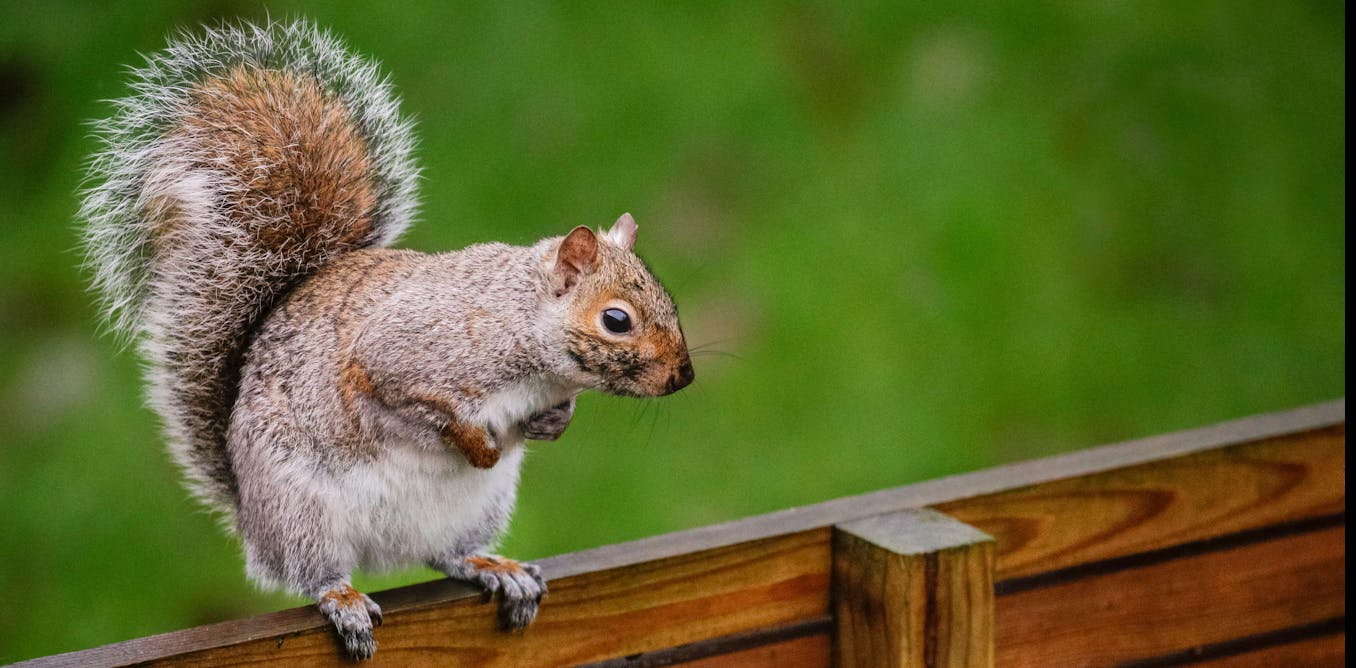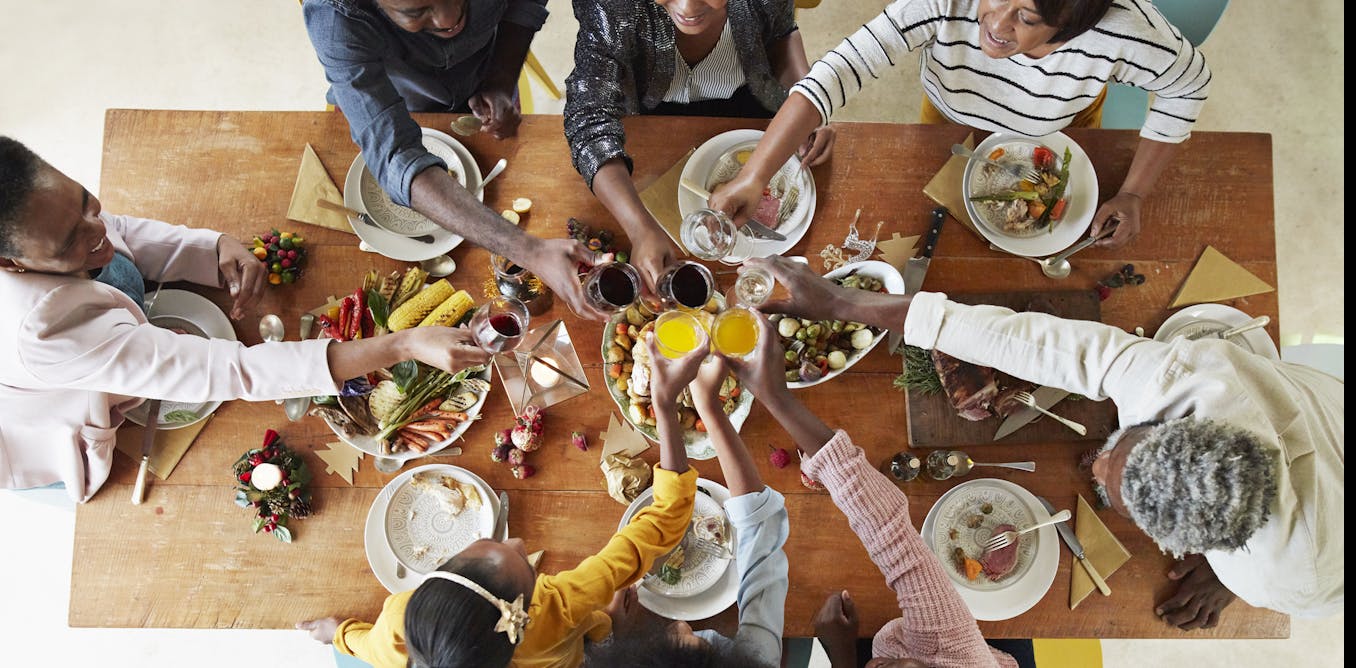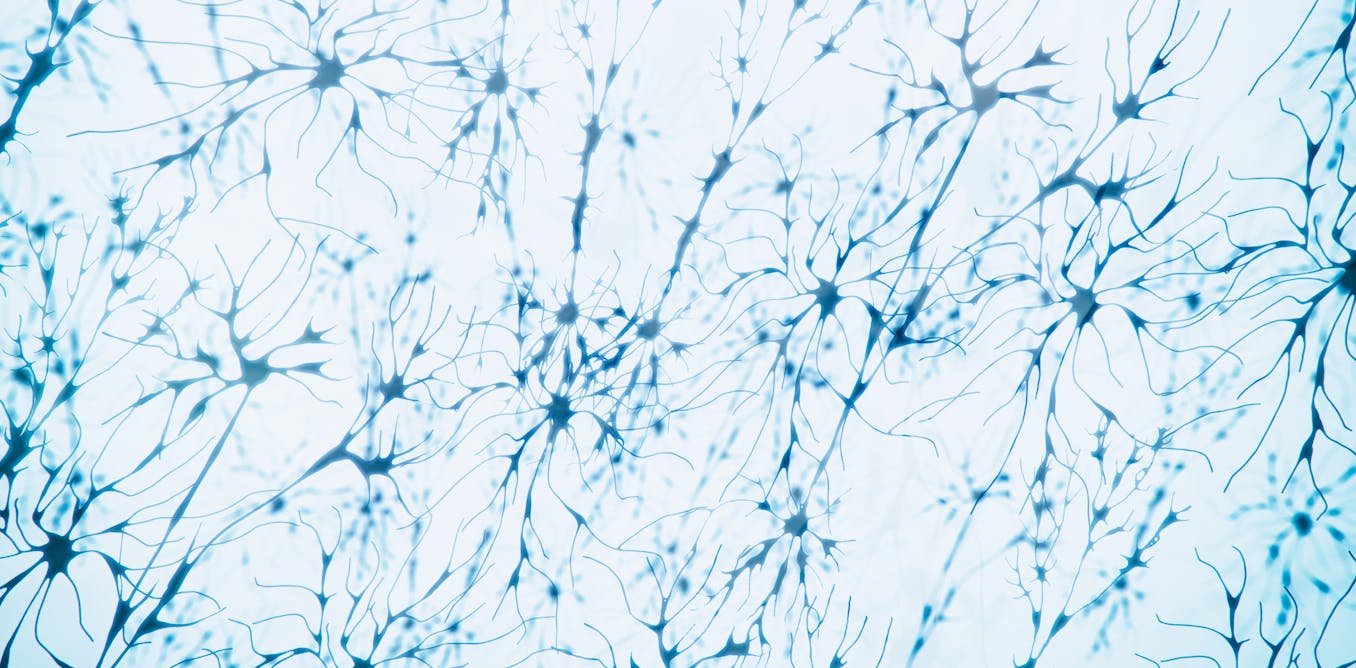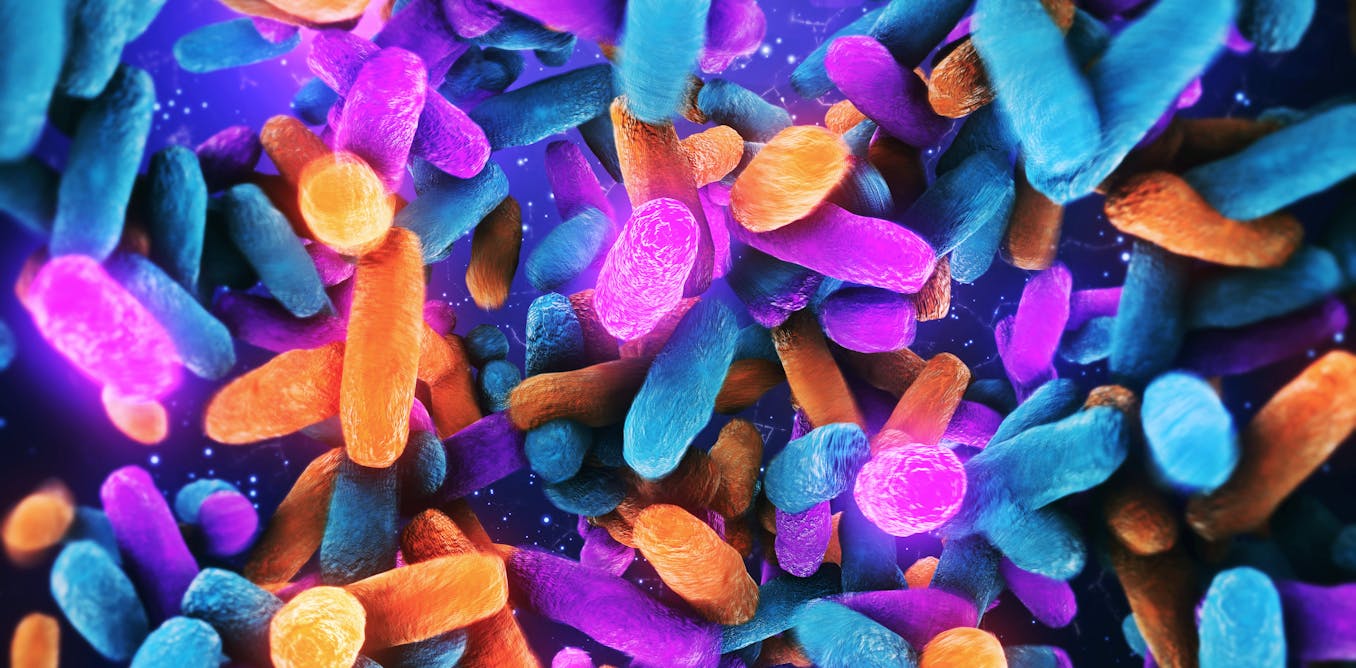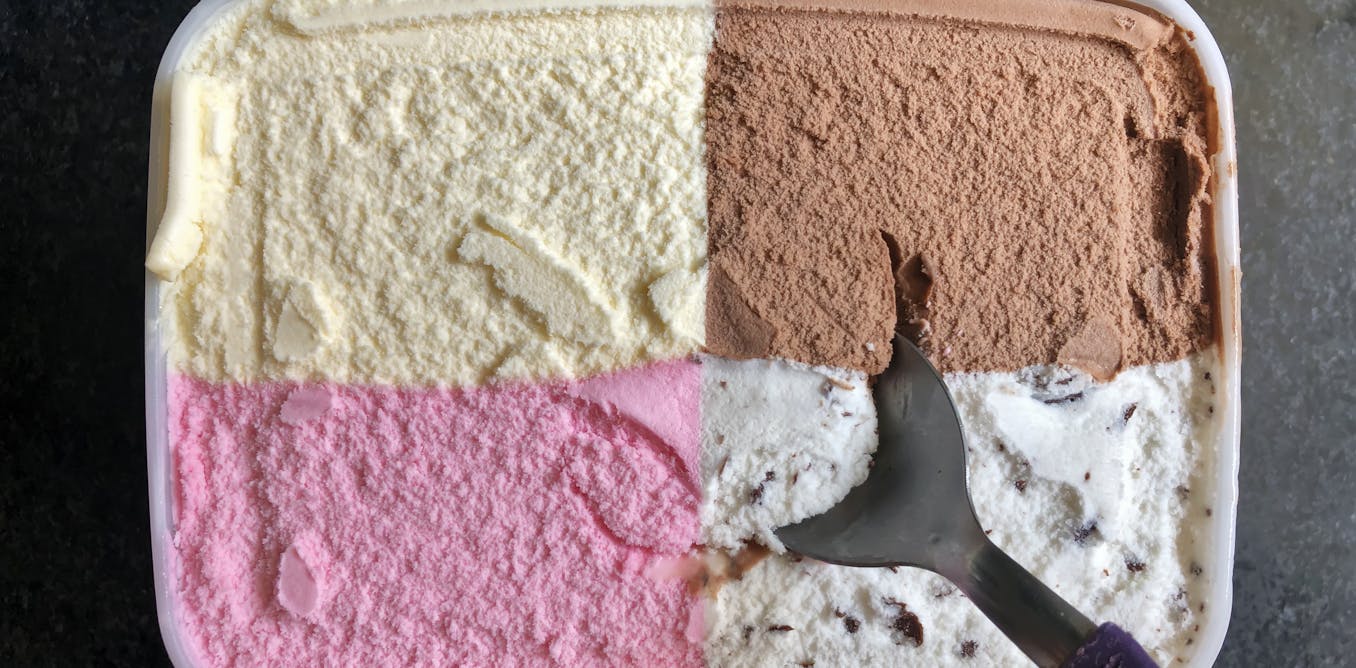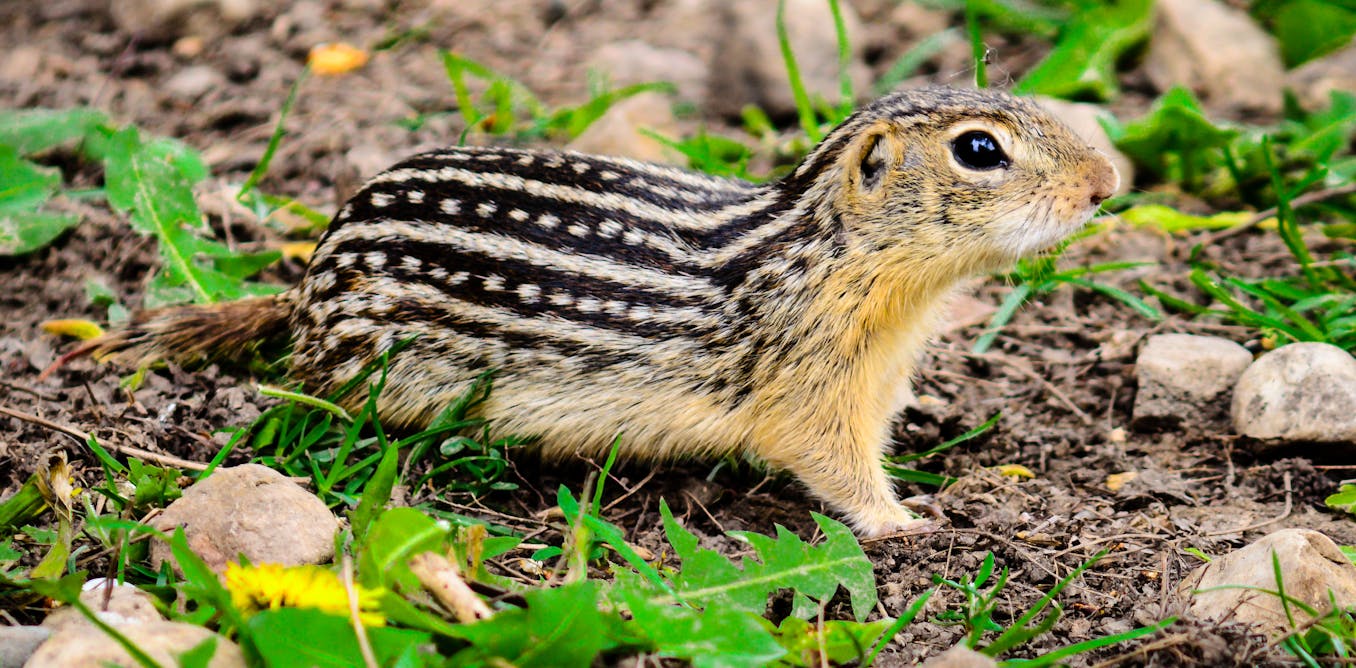Gut bacteria may explain why grey squirrels outcompete reds – new research
New research suggests the gut bacteria of red and grey squirrels differ significantly, potentially explaining the decline of the native red and the success of its grey counterpart.
Feb. 21, 2024 • ~6 min

